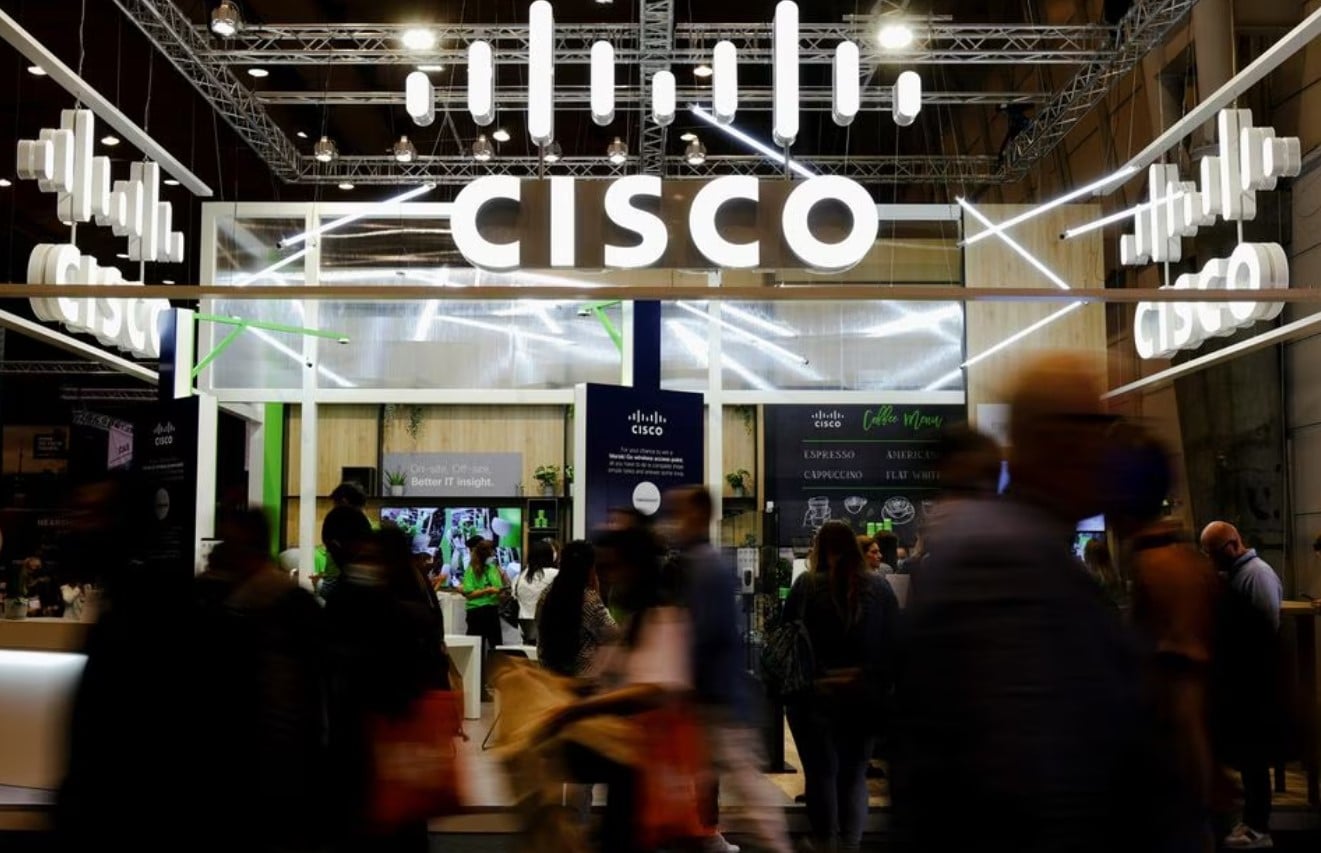Cisco Systems’ (CSCO.O) $28 billion deal for Splunk (SPLK.O) is likely to prompt other technology giants to splash out on similar acquisitions of software vendors with predictable subscription revenue, investment bankers and analysts say.
Splunk, a cybersecurity and data analytics firm, was in the process of shifting its business model from licensing its software to charging for subscriptions when it announced an agreement last week to sell itself to Cisco, making it the third-largest software acquisition of all time.
Cisco CEO Chuck Robbins, who has been expanding his company’s services offerings to compensate for its moribund telecommunications equipment business, told analysts that the $4 billion in annual recurring revenue that Splunk would bring from its subscriptions was a key driver behind the deal.
This underscores how Splunk’s subscription revenue-focused peers, such as Elastic NV (3E1.F), Datadog (DDOG.O), Crowdstrike Holdings (CRWD.O) and Dynatrace (DT.N), are potential acquisition targets for technology conglomerates such as Microsoft (MSFT.O), Adobe (ADBE.O) and Oracle (ORCL.N), which are grappling with corporate customers seeking to cut spending, the bankers and analysts said.
Microsoft, Adobe and Oracle did not immediately respond to requests for comment.
The improving outlook for software mergers and acquisitions is a welcome boost for dealmakers, which have seen activity in the technology sector drop 61 per cent year-to-date in the first 8 months of 2023 to $231.5 billion, according to LSEG data.
Dealmaking in the software sector has been dominated by private equity firms over the past year facing little competition from technology giants. New Relic (NEWR.N), a Splunk competitor, agreed in July to be sold to private equity firms Francisco Partners and TPG Inc (TPG.O) for $6.5 billion.
David Chen, co-head of global technology investment banking at Morgan Stanley (MS.N), predicts that a rally in the Nasdaq 100 index this year and market fears of an economic recession receding will embolden technology companies to follow Cisco’s example and spend on big acquisitions.
“I think the buyers’ outlook on their own business has really improved from four months ago, and that gives confidence to pull the trigger on transformational transactions,” Chen said in an interview.
Jefferies analysts wrote in a note the Federal Reserve putting the brakes on interest rate hikes has given acquirers more certainty around their funding costs, helping dealmaking.
Even before Cisco’s deal, there were some signs that technology giants had started to eye acquisitions of software firms this year, albeit at a smaller scale. IBM (IBM.N), for example, agreed in June to buy technology spend-management platform Apptio for $4.6 billion.
ATTRACTIVE VALUATIONS
Splunk’s stock performance made it receptive to a takeover. While its shares had risen 39 per cent in 2023 prior to the deal’s announcement, they were still down 44 per cent from their October 2020 high, when the COVID-19 pandemic forced companies to spend more on information technology because most of their employees were working from home. Many of Splunk’s peers have had similar stock performance.
Software stocks are cheap by historical standards, making them attractive acquisition targets. The average software stock trades at 5.8 times projected 12-month revenue, 28 per cent below its 8-year historical average when excluding the impact of COVID-19, which temporarily buoyed valuations in the sector, according to the Jefferies analysts.
Cisco’s deal valued Splunk at 7 times projected 12-month revenue, according to Jefferies. They and other analysts said the price Cisco was paying was reasonable.
“We note that the typical security company with 20 per cent growth trades at about 7 times (sales),” BTIG analysts wrote in a note last week.
Private software companies may also be more receptive to takeovers. Keith Skirbe, managing director in Houlihan Lokey’s (HLI.N) technology investment banking group, said that some companies that raised money at high valuations during the 2021 fundraising cycle prefer to be sold rather than be forced to raise money from their investors again at a lower valuation.
“A tidal wave of software M&A (is) on the horizon,” Wedbush analysts wrote in a note last week.







Click here to change your cookie preferences